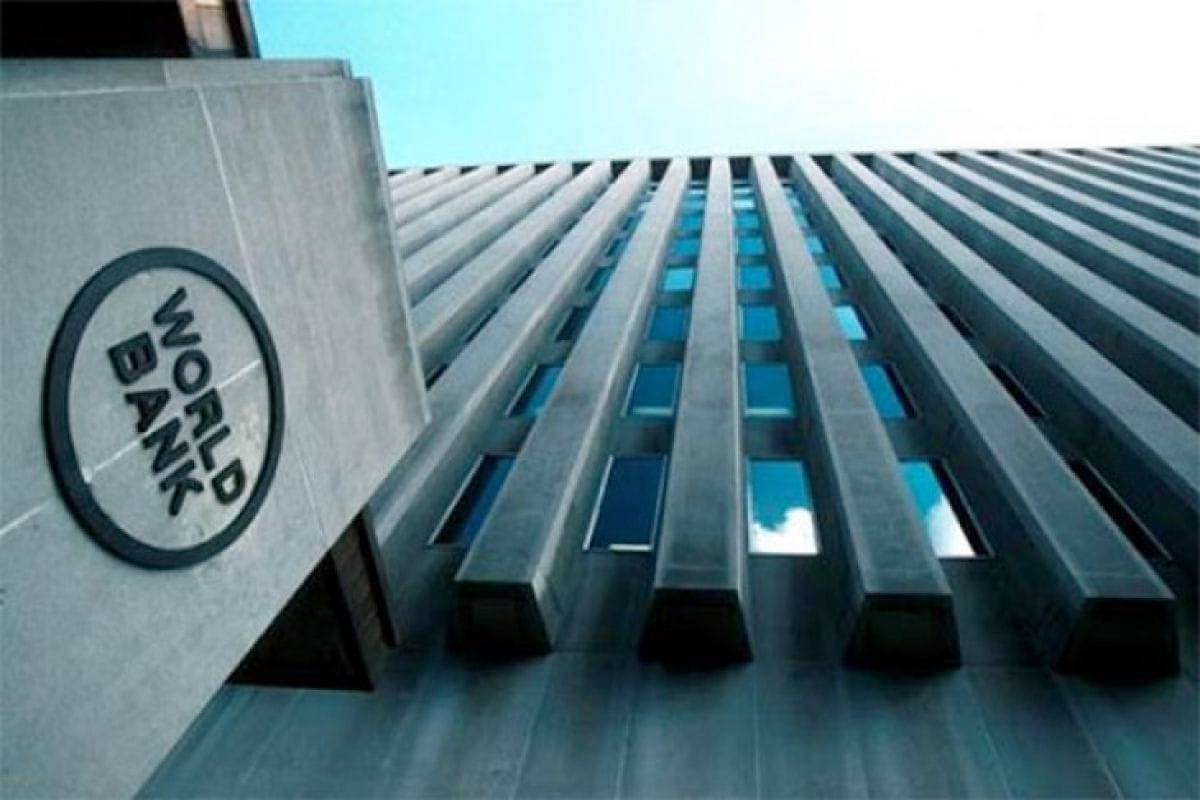
by Tommy Hartono | Sep 5, 2025 | News, Terms
#QuickbiteCompliance day 297 🏦 The World Bank’s Critical Role in AML/CFT: How Development Finance Becomes a Target for Financial Crime As anti-financial crime experts, we recognize the World Bank not only as a development financier but also as...

by Tommy Hartono | Aug 29, 2025 | Terms
#QuickbiteCompliance day 296 🔍 The Wolfsberg Group: Guardians at the Gate of Global Finance 🔍 For over two decades, the Wolfsberg Group—a coalition of 13 leading financial institutions including UBS, HSBC, and J.P. Morgan—has shaped the bedrock of...

by Tommy Hartono | Aug 8, 2025 | Terms
#QuickbiteCompliance day 293 🚨 The Double-Edged Sword of Whitelisting in AML: Protection or Vulnerability? Whitelists are essential for efficient sanctions screening—they reduce false positives by exempting verified low-risk entities from repeated...

by Tommy Hartono | Aug 7, 2025 | Terms
#QuickbiteCompliance day 292 🚨 False Positives Driving You Nuts? Meet the Weak Alias Challenge! As financial crime fighters, we know aliases are essential for identifying bad actors—but not all aliases are created equal. OFAC defines “weak aliases”...

by Tommy Hartono | Aug 6, 2025 | Terms
#QuickbiteCompliance day 291 🚨 Virtual Currencies: The Digital Double-Edged Sword in Financial Crime 🚨 Virtual currencies (VCs) have revolutionized finance—offering speed, borderless access, and innovation. Yet, their anonymity and decentralization also make them a...






